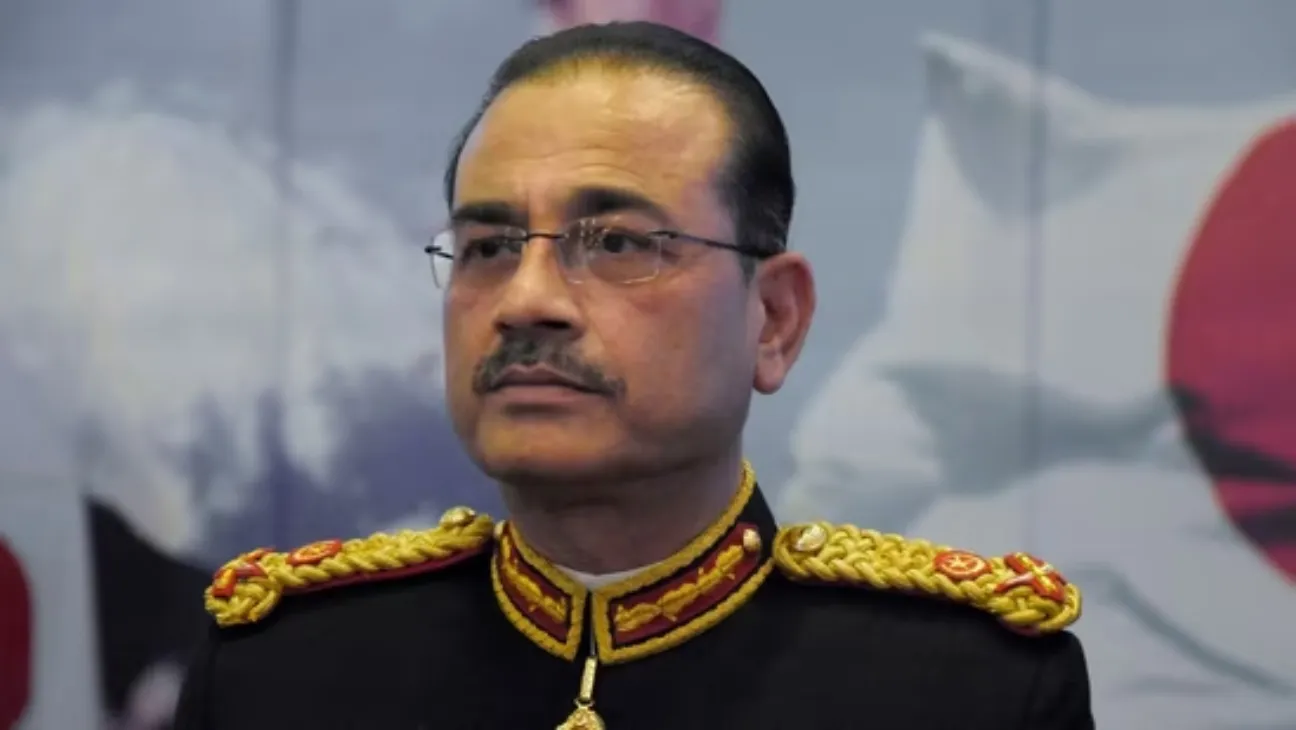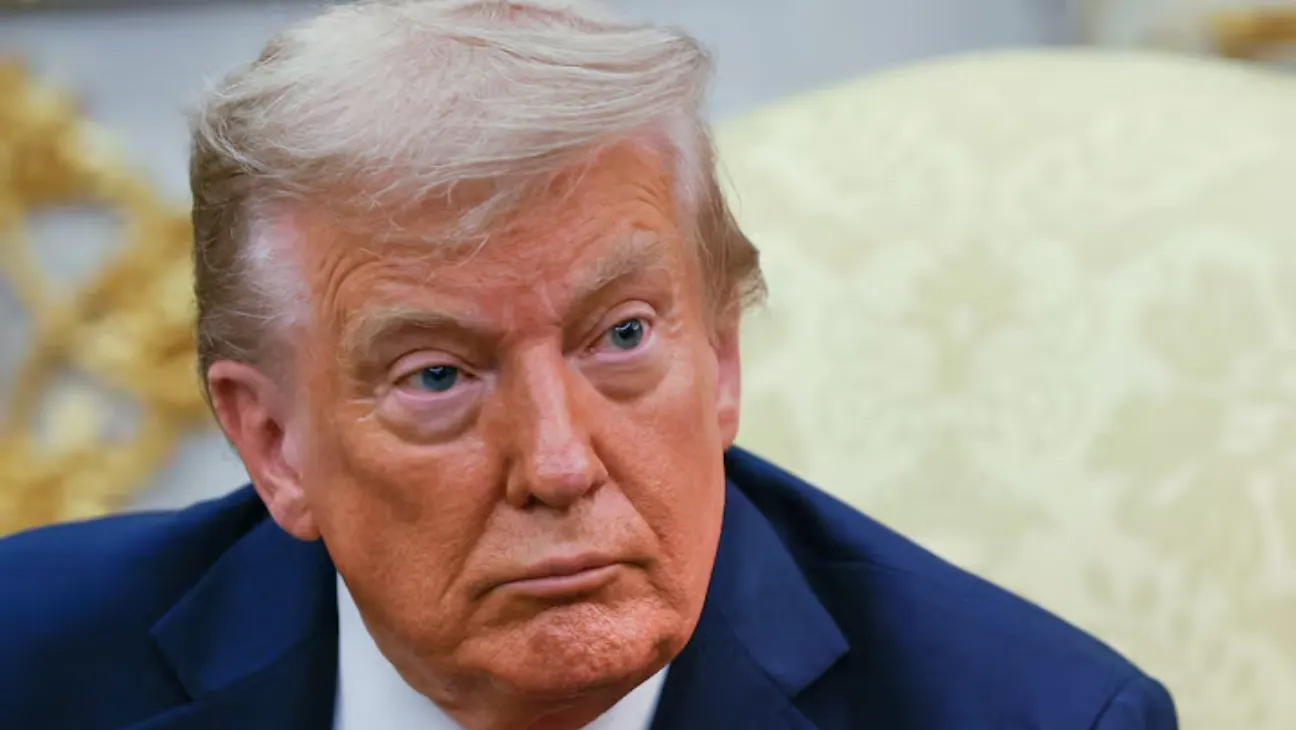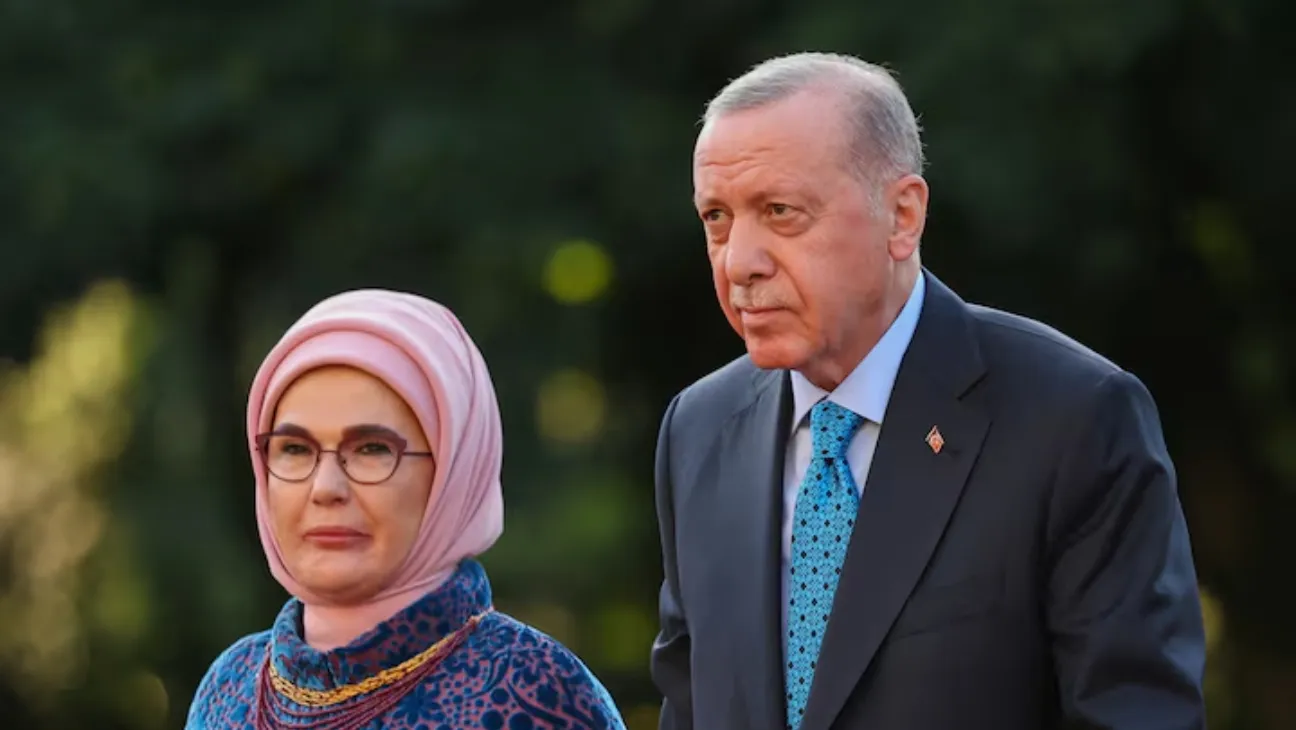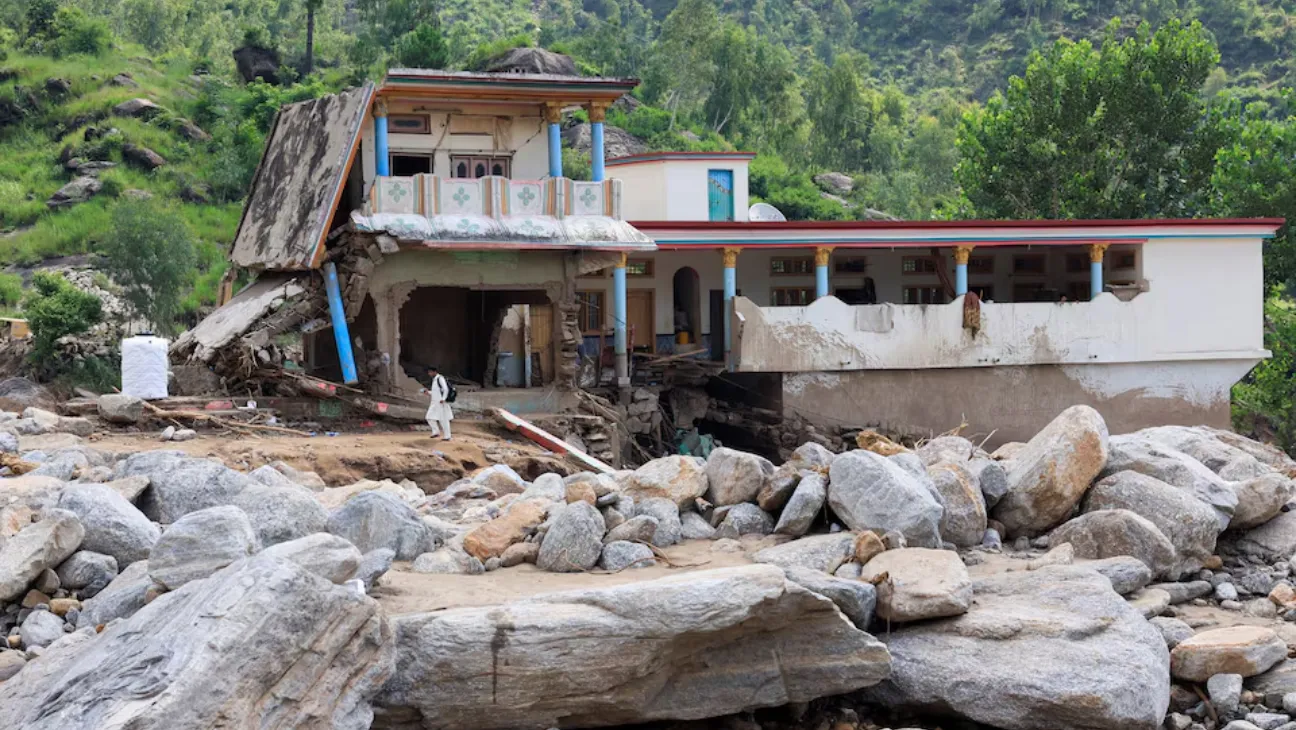Pakistan’s Army Chief General Asim Munir on Monday rejected Indian claims that Islamabad received foreign military support during the four-day conflict in May, calling the allegations inaccurate and politically motivated.
Addressing graduates at the National Defence University in Islamabad, Munir described the narrative surrounding external assistance as “irresponsible and factually incorrect.”
“These insinuations reflect a chronic reluctance to acknowledge indigenous capability and institutional resilience developed over decades of strategic prudence,” he said, referring to Pakistan’s conduct during Operation Bunyanum Marsoos.
His remarks were first reported by PTI and come in response to comments made by Indian Army Deputy Chief Lt Gen Rahul R Singh during a seminar in New Delhi last week.
India Accuses China and Turkey of Backing Pakistan
During the seminar, Gen Singh alleged that China had played an active role in supporting Pakistan during the conflict. He described the engagement as a “live lab” used to test various Chinese weapon systems. Singh also claimed that Turkey had supplied military equipment to Pakistan, effectively positioning India against three adversaries during the May 7–10 clashes.
According to India, the strikes—launched under Operation Sindoor—were a direct response to a deadly terror attack in Pahalgam on April 22. The operation targeted terrorist infrastructure in Pakistan and Pakistan-occupied Kashmir.
Indian officials say Pakistan agreed to stop fighting only after facing heavy losses on May 10.
Munir Warns Against Future Provocations
In his speech, Munir issued a sharp warning that any future attempt to challenge Pakistan’s sovereignty would be met with an “instant and more than reciprocal response.”
He emphasized that Pakistan’s defense strategy was not shaped by alliances or borrowed strength.
“Wars are not won through media rhetoric, imported fancy hardware, or political sloganeering,” Munir said. “They are won through faith, professional competence, operational clarity, institutional strength, and national resolve.”
Competing Narratives Continue Post-Conflict
India and Pakistan have presented contrasting versions of the events that unfolded in early May. While New Delhi characterizes the strikes as a successful demonstration of military strength, Islamabad insists that its response was fully autonomous and effective.
Munir also suggested that India’s “parochial self-alignment” stands in contrast to Pakistan’s approach of principled diplomacy and mutual respect.
He claimed that this orientation has positioned Pakistan as a “stabilising force” in a tense regional environment.
No Independent Confirmation of Claims
So far, neither India’s accusations regarding Chinese and Turkish involvement, nor Pakistan’s assertions of complete independence in military operations, have been independently verified.
While the conflict was brief, it was intense—and both sides are now doubling down on their own stories as the region looks on, hoping for signs of peace or further tension.









